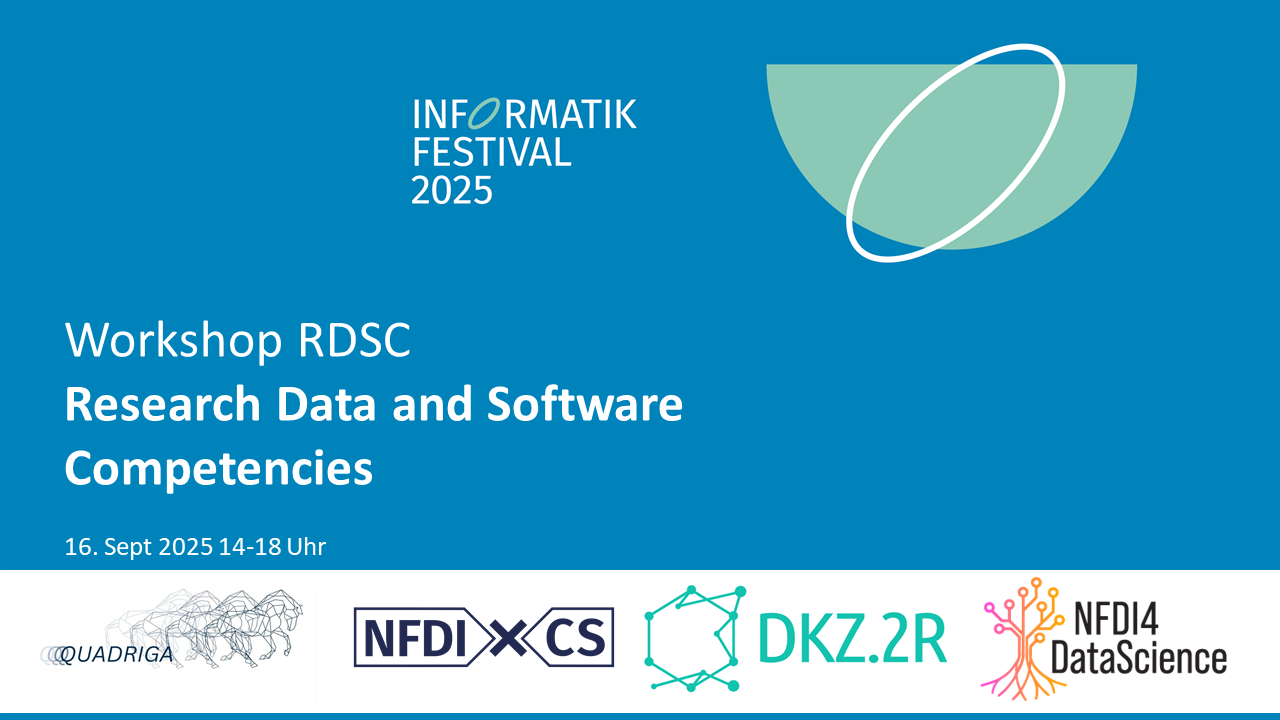While research data availability is increasingly accepted as essential for transparent and reproducible research, research software has not yet achieved equivalent recognition or support. This paper presents findings from the “Research Data and Software Competencies” (RDSC) workshop, which brought together 38 participants from 23 institutions to address this challenge. The workshop was...
Research Software Engineers and Data Scientists have overlapping yet distinct roles within the landscape of digitally skilled professionals. Both roles are highly software-focused and operate across a wide range of research domains, yet their communities and competency frameworks have evolved independently. This paper explores the intersections and distinctions between RSE and...
For assessing the quality of (FAIR) research artifacts, artifact evaluations as a form of
peer reviews have been established. However, they raise questions about the required competencies. Thus, this short paper provides an overview of six artifact evaluation processes and their goals, which exhibit a multidimensional influence on the required competencies. Based on these factors, initial...
In this talk, we will briefly introduce the subject of metadata with a focus on semantic metadata. We will then move to some semantic metadata available for training materials/learning resources. Rather than going in-depth, the aim is raising awareness of the options out there, some of their differences and similarities.
This article examines the approach to teaching data literacy in the QUADRIGA data
literacy centre. It focuses on the structure and evaluation of Open Educational Resources (OER) for postgraduate and postdoctoral administrative scientists created in the project. Using the example of the first case study for one data type, it is shown how data-related technical, methodological and application...
Slides:https://zenodo.org/records/17135938
This paper introduces a Jupyter Book–based template designed to support the creation
of modular, interactive Open Educational Resources (OER) for data literacy. The template provides educators with a structured framework to convert authentic research workflows into pedagogically coherent modules, each comprising theoretical background, hands-on...
Interactive tools like the Shiny R package enable researchers to develop user-friendly,
reproducible data applications, fostering essential research data and software competencies (RDSCs). This paper explores how Shiny supports training and practice in RDSCs by enhancing workflows, promoting reusability and transparency, and enabling hands-on learning. A simulation-based Shiny app is...

